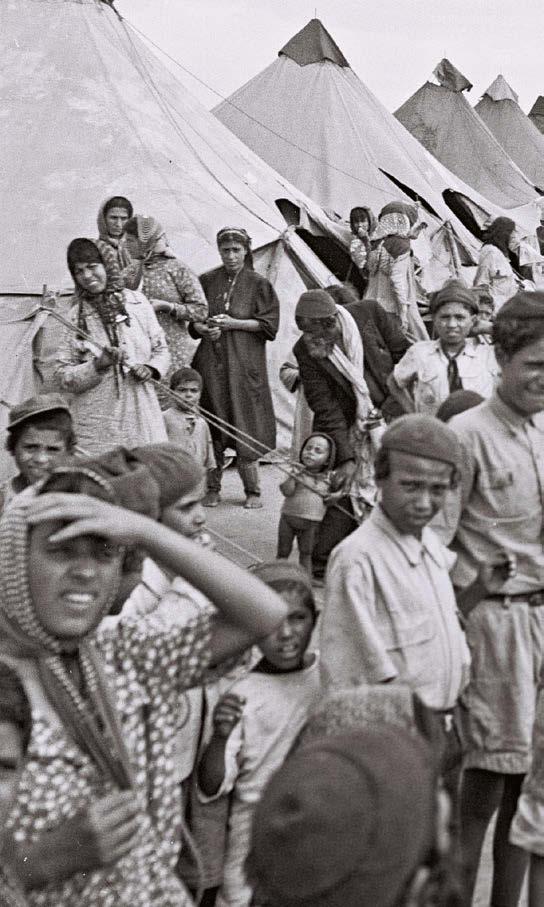
5 minute read
The Wrong Kind of Jew
from March/April 2023
by HadassahMag
Without Mizrahim, the Jewish story is incomplete |
When i meet someone new, one of the first things I tell them about myself is that I am Jewish. If the conversation progresses, I mention that I am from Israel and that my mother is Iraqi and my father is Tunisian.
Advertisement
This confuses most people, many Jews included. To be more precise, I am Mizrahi. Mizrahim (plural) is the term for Jews whose heritage comes from the Middle East and North Africa. Yet, few people—Jews and non-Jews alike—know who we are.
One reason for this is that, for many, Mizrahim are considered “the wrong kind of Jew.” Not only are we unfamiliar even to those with whom we share a long lineage, our culture shatters stereotypes and unspoken rules about what it means to be Jewish. At the same time, our story derails the narrative people want to propagate about Jews, antisemitism and, most controversially, Israel. The prevailing narrative in the West is that Israel is a white European country that oppresses brown people, that Jews don’t belong in the Middle East
By Hen Mazzig
and that we came to this land to steal it from others.
I’ve been the wrong kind of Jew my entire life, and not just because of my ethnic background. I don’t keep kosher. My soon-to-be life partner is a non-Jewish man. I rarely go to temple on Friday nights. In fact, I even tweet on Shabbat.
My Mizrahi heritage doesn’t match what most people see as the secular, cultural characteristics of Judaism. For example, while I enjoy bagels, I don’t consider them my cuisine. My meals mostly consist of some combination of okra, pink beets, pumpkin, hard-boiled eggs, hummus and pita bread. My grandmother doesn’t make matzah ball soup when I’m sick, or even on the holidays. Instead, she cooks an amazing stew and dishes that most of my non-Mizrahi Jewish friends can’t pronounce, like kubbeh, tebit, aruk and sabich.
Not one of my relatives looks or sounds like Bernie Sanders, Sarah Sil- verman or Larry David. They more closely resemble the Arabs who owned a restaurant that was called an “antisemitic shithole” on an episode of David’s Curb Your Enthusiasm. Whether it is my beard or my olive skin, I always seem to get an extra pat-down and a few suspicious glances when going through airport security; it happens even in my home country of Israel.
I experience prejudice for being Jewish, from both Jews and non-Jews. My life has been threatened by neoNazis—and fellow Jews have critiqued me on the basis of my race and sexuality. There are some who do not perceive me as Jewish at all because of how I look or whom I love.
Who are the mizrahi people, exactly? The majority of Jews in France are Mizrahim. So are many Jews in Canada and South America, and there are scattered populations across the Middle East and Central Asia, from Morocco to Azerbaijan. In total, there are more than four million Mizrahi Jews in the world, making up over 25 percent of the global Jewish population.
The biggest community of Mizrahim is in Israel. We are a majority of the country’s Jews—between three and four million—and our unique culture and history have a significant impact on the country’s food, politics and music. Truthfully, you cannot understand Israel, or what it means to be Jewish in the 21st century, if you don’t understand Mizrahim.
That Mizrahim are the dominant cultural force in Israel today is a giant leap forward from the middle of the last century, when we were expelled from countries like Morocco, Tunisia, Libya, Syria, Iraq, Iran, Yemen and others—places where we’d lived for centuries. In those countries, we spoke Jewish languages that blended Hebrew with elements of Arabic, Persian and Spanish: Judeo Iraqi Arabic, Judeo Farsi and Ladino.
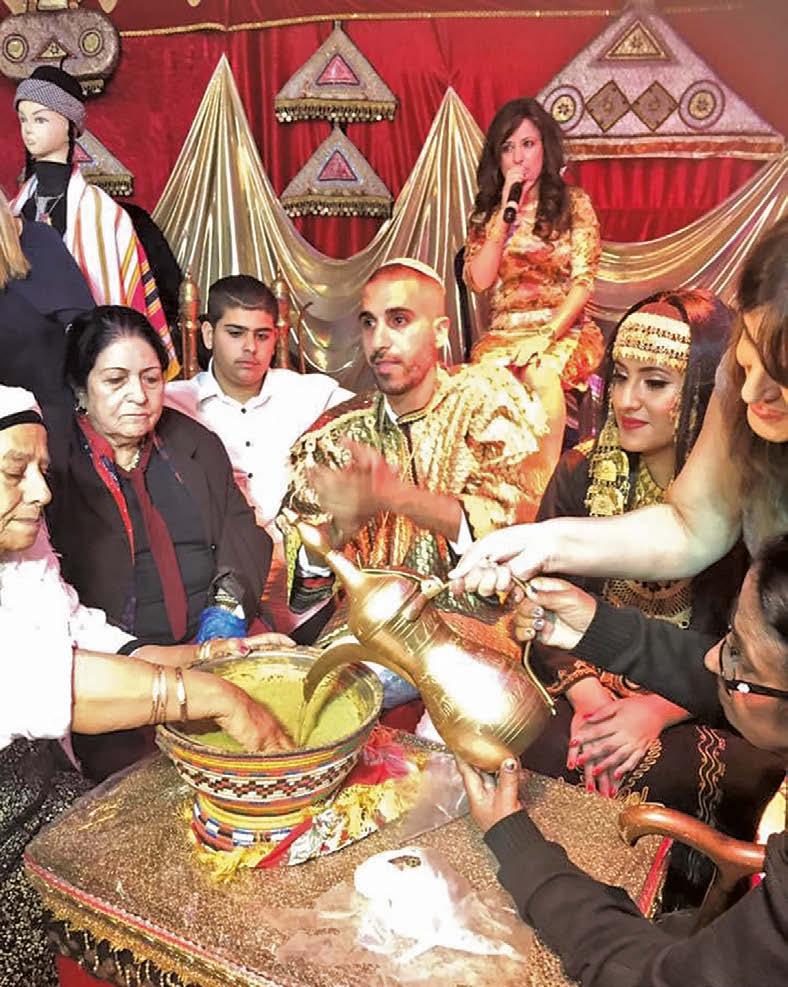
Our connection to religion is different as well. When and if Mizrahim broke away from traditional religious observance, it wasn’t clean. We didn’t create new denominations, like Reform Judaism, the way the Jews of Germany did; we didn’t follow Conservative Judaism, the response of American Jews to new trends in academic scholarship. Rather, we established a fluid kind of traditionalism, adopting and changing but putting Jewish people, our tradition and our history above all else.
We inspired an entire genre of music from Sarit Hadad to Omer Adam and Ofra Haza that today is more popular than Western-style pop.
When it comes to food—this may seem trivial but is very emotional to me—we were the ones who infused Israeli cuisine with hummus and the Mediterranean flavors the country is known for. We did this not because we wanted to imitate others, but because it was our culture.
Mizrahim brought our Middle Eastern cuisine with us to Israel, just as surely as the European Jews brought their smoked whitefish and bialys to New York City.
The Holocaust is one experience that we sadly share with Ashkenazim. And while the details differ, many in our communities also suffered atrocities. During World War II, Morocco, Algeria and Tunisia were, for much of the war, ruled by the Nazis, either directly or through the French Vichy government. Many were sent to camps, including my Tunisian grandparents, who worked at a forced labor camp and would have been sent off for extermination had the war not ended just days before the transport was supposed to leave.
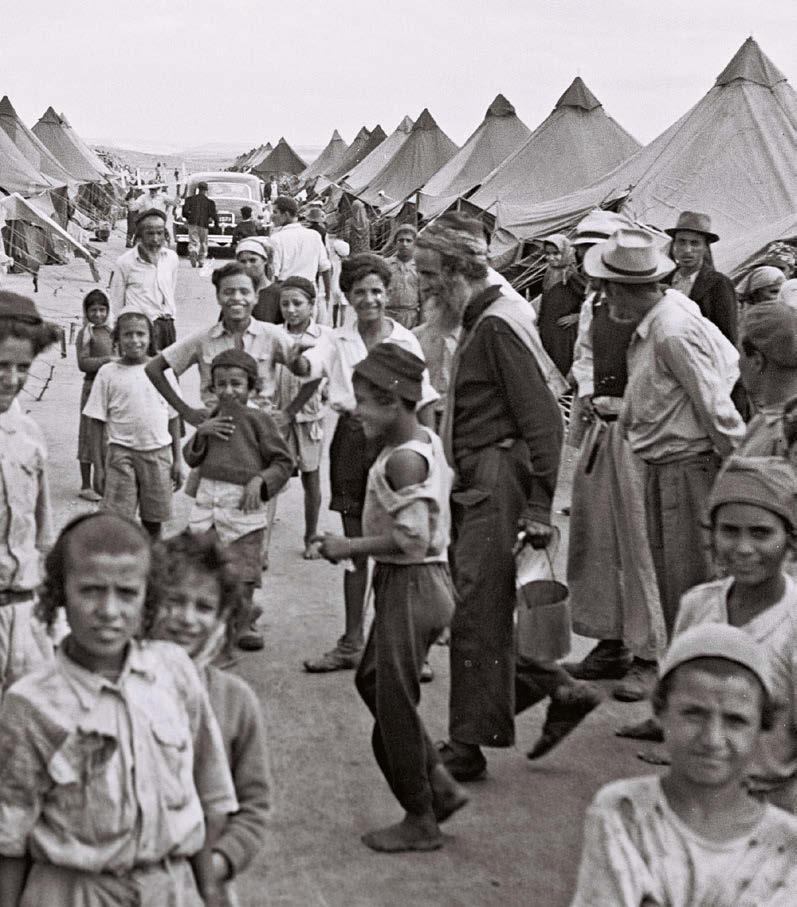

Even in places where the swastika never flew, we were victims of the war. In June 1941, a pogrom known as the Farhud victimized Iraqi Jews. For two days, my grandparents’ community was under attack, and many of their neighbors were murdered, raped and dispossessed. The atrocity was inspired and directed by Haj Amin al-Husseini, a Palestinian Arab nationalist and the grand mufti of Jerusalem in British-ruled Mandatory Palestine. He frequently traveled to Germany, rubbed elbows with Adolf Hitler and was as much an ally to the Nazis as was Benito Mussolini.
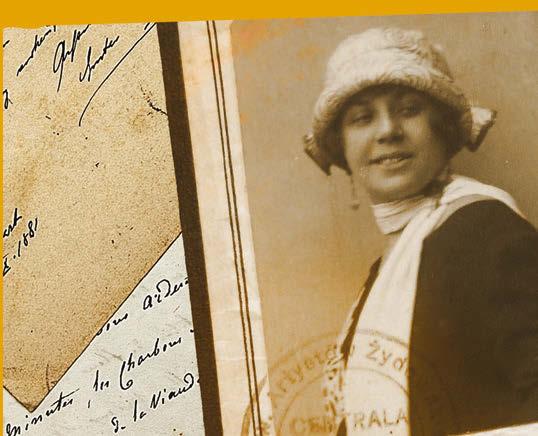
One reason why you may not have heard much about these experiences, and Mizrahim in general, is that most stories told about Jewish history, the Holocaust and Israel don’t include us. We are the blind spot in every narrative about Israel, including stories that Israelis tell themselves. For decades, we were dismissed by the Ashkenazi elites as a primitive variation on the Arabs who have always been the country’s primary “other.”

We’re largely missing from the Zionist depictions of Israel in the Diaspora, too. These stories are always centered around the Israel of David Ben-Gurion, Golda Meir, Yitzhak Rabin and Shimon Peres, all Ashkenazi Jews with a Eurocentric view of the country. As a result, we’re often excluded from the talking points about anti-Zionism, antisemitism and other rhetoric of the proIsrael community.
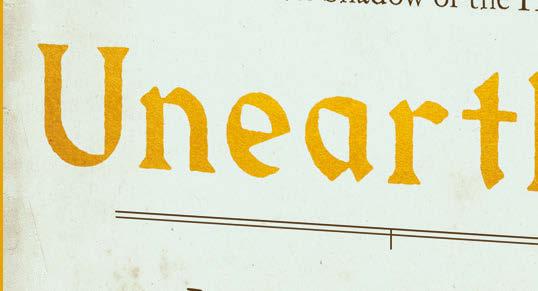
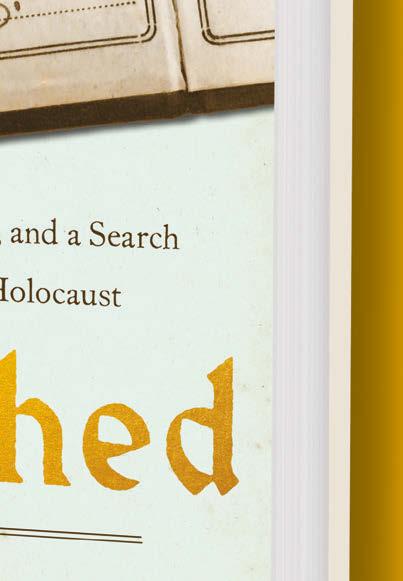
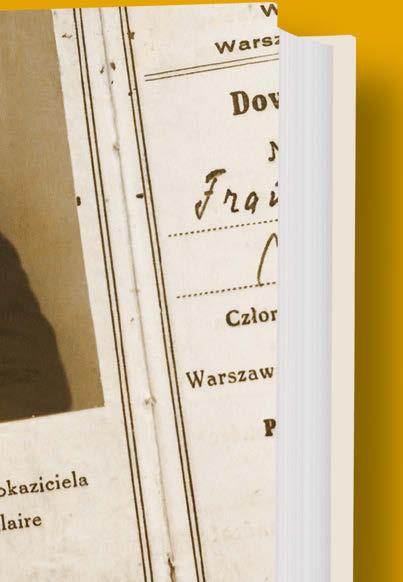
If you think Jews are a nefarious cabal of secular, leftist globalists going after your guns, religion and unborn children, it turns out that Mizrahim are actually fairly religious and right wing. If you think Israel is a European, white supremacist, colonial enterprise that appropriates Arab culture, consider the Mizrahim, who are neither European nor white and have for decades been the biggest force behind Israel’s shifting political and cultural landscape. Election studies in recent years show that Israeli towns with a majority of Mizrahi families have supported Benjamin Netanyahu’s Likud Party at a rate as much as 30 percent higher than majority-Ashkenazi towns.
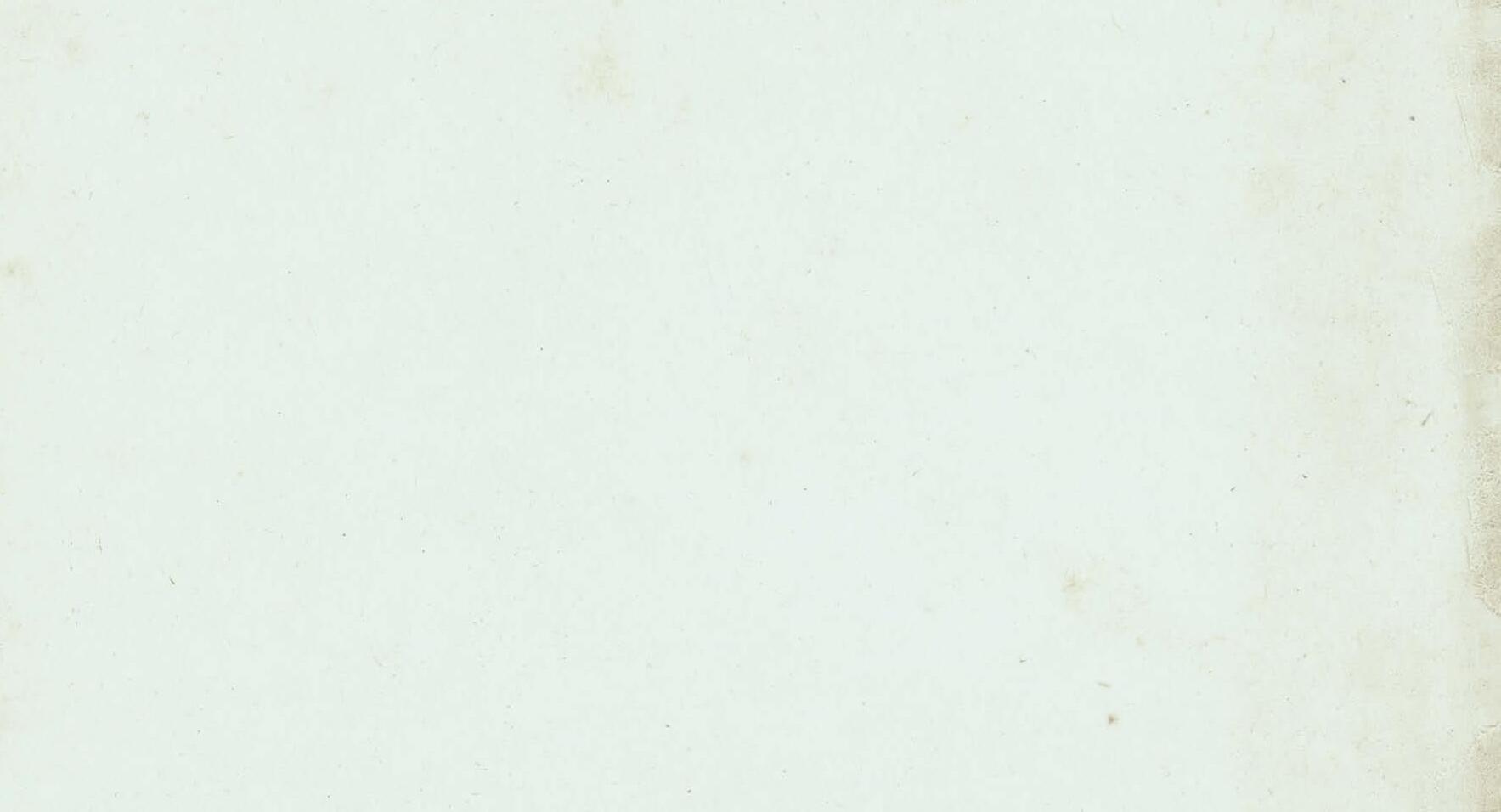
And if you think all Jews are the beneficiaries of white privilege, Mizrahi Jews aren’t any more white, physically or socially, than the other Middle Easterners who are among those who make this claim. We didn’t grow up with privilege.
We suffered both economic hardship as well as intense discrimination in our countries of origin, and still do today in Israel.
This is my story, the story of someone with a rich, selfconfident identity who, in many ways, has been made to feel invisible in the global conversation about Israel. Yes, I’m also gay, nationalist, proud, progressive and, of course, Jewish. But the thing about me that really upsets people—which took me years to understand—is that by simply being Mizrahi, I am a










